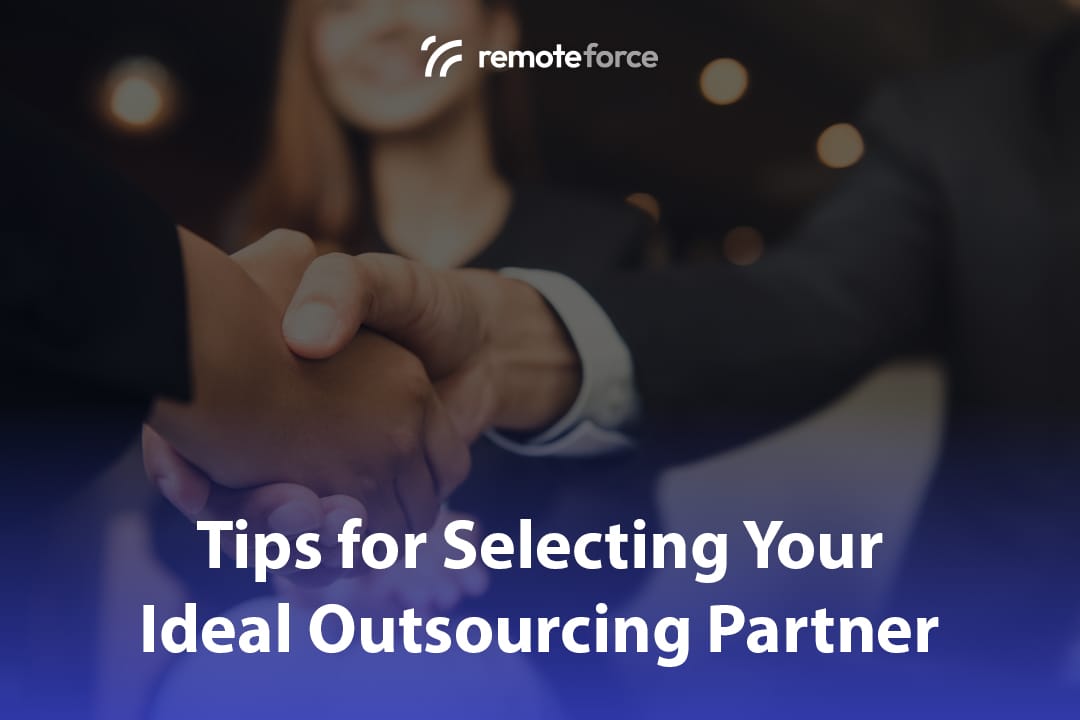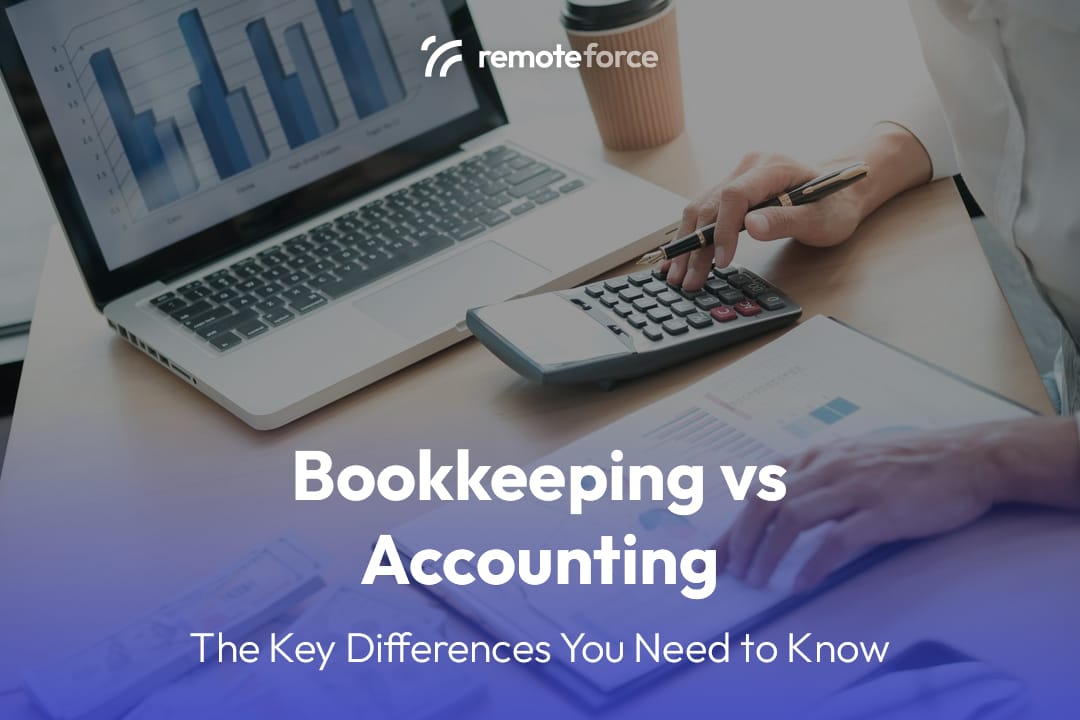Selecting an outsourcing partner is one of the most significant strategic decisions a business can make. The right vendor is not just a contractor; they are an extension of your team, providing specialized expertise in areas like digital marketing, graphic design, legal, or web development.
A successful partnership leads to cost savings, efficiency gains, and accelerated growth. Conversely, choosing the wrong partner can result in legal risks, poor work quality, and significant time wasted.
To help you make an informed decision, here are 10 essential tips for choosing a high-quality, reliable, and legally compliant outsourcing company partner.
Table of Contents
ToggleHow to Choose the Right Outsourcing Company Partner

1. Verify Legal Compliance and Licensing (Non-Negotiable)
Before discussing pricing or services, you must confirm the vendor’s legal standing. This is the single most critical step to mitigate your own business risk.
- Check Business Licenses: Ensure the company holds the correct Operational License (Izin Usaha) and Business Identification Number (NIB), which formally allows them to operate an outsourcing service in their jurisdiction.
- Labor Law Adherence: Confirm they handle all mandatory legal responsibilities for their staff, including:
- Social Security & Health Insurance enrollment and contributions.
- Tax Compliance (payroll and business taxes).
- Worker Contracts that comply with local minimum wage and working hour laws.
- Indemnification Clause: Ensure your Master Service Agreement (MSA) includes a clause where the vendor indemnifies your company against any legal claims made by the outsourced workers (reducing your co-employment risk).
2. Evaluate the Specific Expertise and Portfolio
A general outsourcing firm might not deliver specialized quality. Look for proof that they excel in the specific service you need.
- Relevant Case Studies: Ask for detailed examples of past projects that match your industry or challenge. If you need app development, review their deployed apps. If you need SEO marketing, analyze their own website’s ranking performance.
- Team Expertise: Don’t just vet the company; vet the specific team members who will be assigned to your project. Review their certifications, years of experience, and specific skills (e.g., Python expertise, US GAAP knowledge, or specific design software proficiency).
3. Assess Communication Framework and Language Proficiency
Effective outsourcing hinges on crystal-clear communication. Miscommunication leads to missed deadlines and costly rework.
- Primary Language Skill: Ensure the team assigned has strong proficiency in your working language (e.g., English). Ask to conduct initial meetings directly with the team, not just the sales representative.
- Time Zone Management: Discuss how they manage the time zone difference. Do they offer overlap hours? What are their guaranteed response times for urgent issues?
- Reporting Tools: Confirm they use professional project management tools (like Asana, Jira, or Trello) for transparency and real-time status updates.
4. Prioritize Data Security and Confidentiality
Your outsourcing partner will handle sensitive company data, customer information, or proprietary systems.
- NDAs and IP Protection: Verify that all outsourced staff sign Non-Disclosure Agreements (NDAs) and that the contracts clearly state that all Intellectual Property (IP) created belongs exclusively to your company.
- Security Protocols: Ask about their physical and digital security measures: office access controls, network security, use of VPNs, and protocols for handling confidential documents (secretarial and legal services especially).
- Data Protection Compliance: Ensure their practices align with major regulations like GDPR, CCPA, or local data privacy laws relevant to your operations.
5. Measure the Vendor’s Stability and Scale
You need a partner who can sustain the relationship for the long term and grow with your needs.
- Financial Stability: A simple background check or requesting audited financial statements can indicate their ability to manage payroll and unexpected costs.
- Employee Retention Rate: A high turnover rate among their outsourced staff is a red flag. High retention indicates a positive work culture, better talent, and consistent service quality.
- Scalability: Can they quickly scale up the team (e.g., adding two more digital marketers during a peak campaign) or downsize when necessary?
6. Define the Service Level Agreement (SLA)
The SLA formalizes expectations regarding performance and accountability.
- Performance Metrics (KPIs): Define clear, measurable objectives. Examples include first response time for technical support, conversion rate improvement for marketing, or bug rate for development projects.
- Dispute Resolution: Establish a formal process for handling conflicts, service quality issues, and contract termination procedures.
- Quality Assurance (QA): How does the vendor internally audit the quality of the work delivered by their teams (e.g., code reviews, periodic management checks)?
7. Seek References and Testimonials
Talk to their current and former clients to gain an unbiased view of their performance.
- Ask for Relevant Contacts: Request references from clients who utilized services similar to yours and who are of a similar company size.
- Specific Questions: Ask the reference client about the vendor’s reliability, communication during crises, and how they handled the transition period.
8. Assess Cultural Fit and Work Ethic
Cultural alignment ensures smoother collaboration and less friction over time.
- Values: Do their stated company values (e.g., integrity, client-focus, innovation) align with yours?
- Transparency: A good partner is honest about challenges, not just successes. Look for a willingness to admit mistakes and propose solutions promptly.
- Proactivity: Does the vendor wait for instructions, or do they proactively offer solutions, suggest optimizations, and bring new ideas to the table?
9. Compare Pricing and Value, Not Just Cost
The cheapest option is rarely the best, especially when dealing with specialized skills.
- Breakdown Costs: Ask for a detailed breakdown of the hourly rate: what percentage goes to the worker, overhead, and the vendor’s profit/management fee.
- Value-Added Services: Consider what is included in the price—are project management, HR support, and necessary software licenses covered? High-quality firms often cost slightly more but deliver significantly higher value and lower risk.
10. Start Small with a Pilot Project
Before committing to a multi-year, large-scale agreement, test the waters with a controlled, short-term project.
- Trial Period: Define a small, standalone project (e.g., a mini SEO audit, a single graphic design brief, or a two-week bookkeeping task).
- Evaluate Performance: Use this pilot project to evaluate the team’s quality, adherence to deadlines, and ease of communication under real-world pressure. This provides invaluable insight before full commitment.
Conclusion
Choosing the right outsourcing partner is a strategic process that moves far beyond simple cost comparison. By meticulously focusing on legal compliance, specialized expertise, and clear communication frameworks, you can establish a robust partnership that delivers sustainable business growth.
At RemoteForce, we pride ourselves on providing not only expert talent in areas like digital marketing and legal support but also guaranteed legal transparency and compliance. We manage the complexity of global labor laws, allowing you to focus purely on the strategic output of your dedicated outsourced team. Are you ready to find a partner whose compliance and expertise match your growth ambitions?




